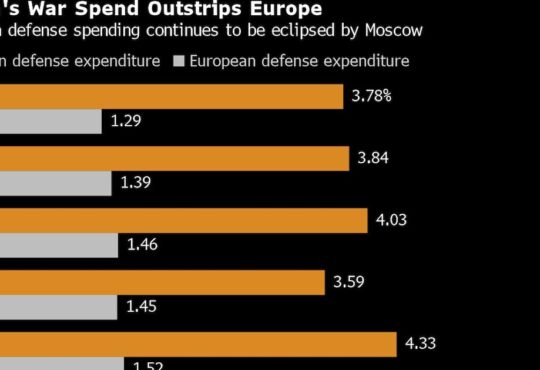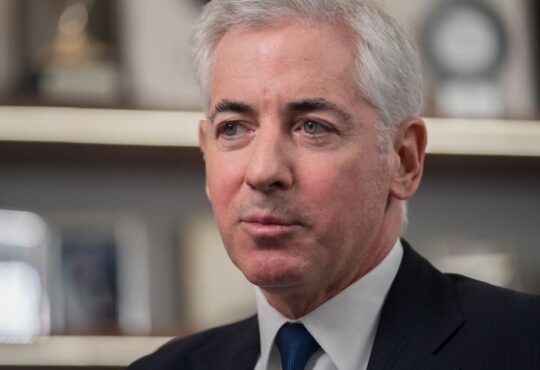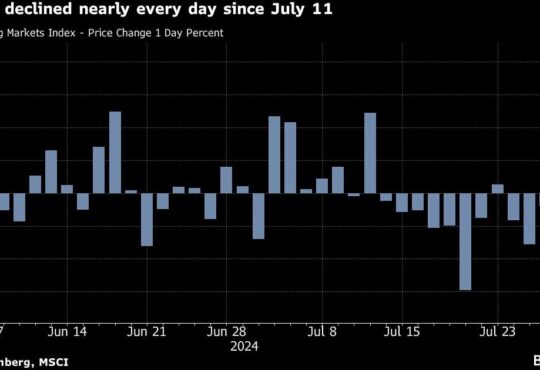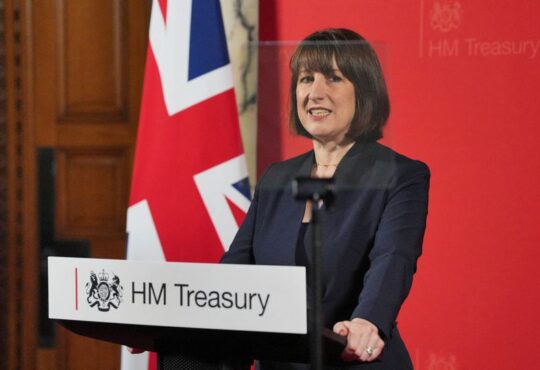
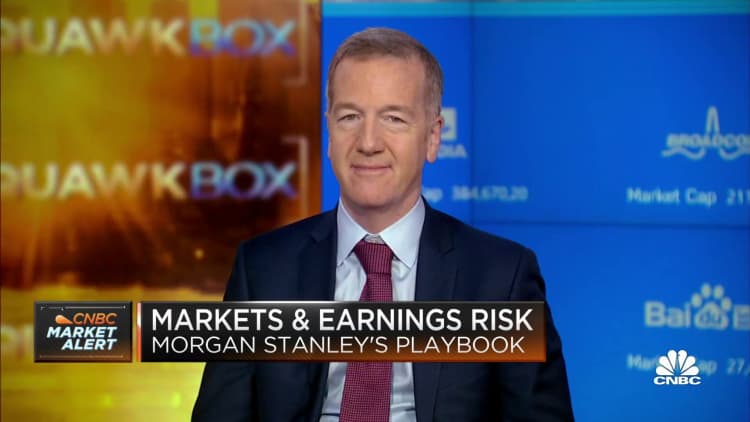
Stocks fell sharply Thursday after new data showed retail sales fell more than expected in November, raising fears that the Federal Reserve’s relentless interest rate hikes are tipping the economy into a recession.
The Dow Jones Industrial Average fell 760 points, or 2.2%, heading for its worst day since September as hopes for a year-end rally diminished. The S&P 500 dropped 2.4% bringing its decline for December to nearly 5%. The Nasdaq Composite tumbled 3% as the battered tech-heavy index stretched its 2022 losses to more than 31%.
The sell-off was broad-based with only 14 stocks in the S&P 500 trading in positive territory. Mega-cap tech stocks declined, with shares of Apple and Alphabet down more than 4%, and shares of Microsoft and Amazon lower by more than 3%. Shares of Netflix fell more than 9% following a Digiday report that said the streaming firm is offering to return money to advertisers after missing viewership targets.
Biggest Dow declines of the year
| Date | Points | % |
|---|---|---|
| 09/13/2022 | -1,276 | -3.94 |
| 05/18/2022 | -1,165 | -3.57 |
| 05/05/2022 | -1,063 | -3.12 |
| 08/26/2022 | -1,008 | -3.03 |
| 04/22/2022 | -981 | -2.82 |
| 06/13/2022 | -876 | -2.79 |
| 04/29/2022 | -939 | -2.77 |
| 06/10/2022 | -880 | -2.73 |
| 12/15/2022 | -907 | -2.67 |
| 06/16/2022 | -741 | -2.42 |
The disappointing retail sales report suggested inflation is taking a toll on consumers. Retail sales fell 0.6% in November, according to the Commerce Department. That was a bigger loss than the Dow Jones estimate of a 0.3% decline.
The selling began Wednesday in the wake of the Fed’s latest boost in its overnight borrowing rate. The central bank also said it will continue hiking rates through 2023 and projected its fed funds rate to peak at a higher-than-expected 5.1%. With Wednesday’s half a percentage point hike, the targeted range for rates is currently 4.25% to 4.5%, the highest in 15 years.
“The equity market’s reaction is now factoring in a recession, and rejecting the possibility of the ‘soft/softish’ landing mentioned recently by Powell at the [Brookings Institution],” Quincy Krosby, chief global strategist at LPL Financial, wrote Thursday.
“The tug-of-war between the Fed and the markets is squarely on the market’s side: the slowdown is not ‘transitory,’ and the Fed will be forced to act before 2024,” Krosby added.
The Dow closed below 34,000 on Wednesday and then the selling intensified on Thursday following the poor retail sales data. Treasury yields continued to defy the Fed and fall on fears the central bank is going too far. The 10-year yield fell below 3.5%.
Bank shares also declined as fears of a recession increased. JPMorgan Chase and Bank of America each lost more than 2%.



